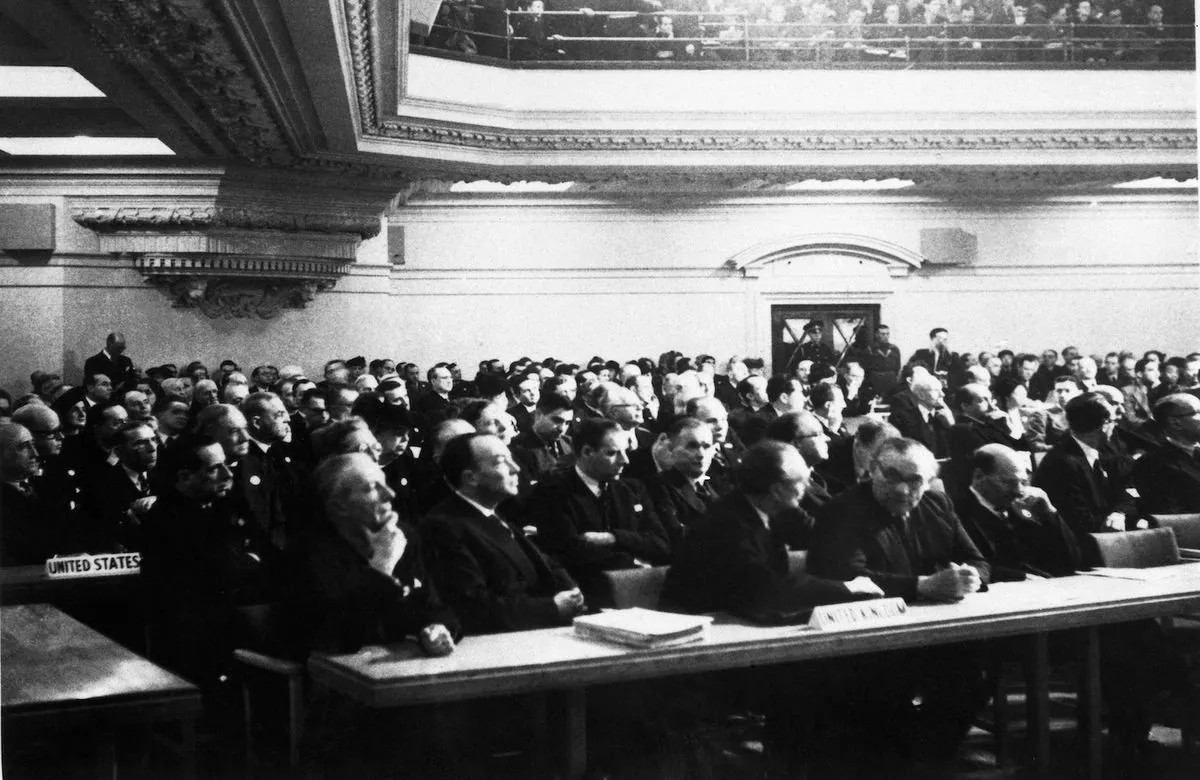Global South's Waning Faith in Multilateralism Challenges UN Summit
A recent survey reveals declining support for multilateral cooperation among Global South nations. As world leaders gather for the UN Summit of the Future, Western countries face challenges in rebuilding trust.

As global leaders convene in New York for the United Nations Summit of the Future, the state of rules-based multilateralism faces significant challenges. Recent events, including the failure to establish a global pandemic treaty and the UN Security Council's inaction regarding conflicts in Ukraine and Gaza, have highlighted the struggles of international cooperation.
A survey conducted in July 2024 by the Munich Security Conference, involving over 9,000 participants from nine populous Global South countries, revealed a concerning trend. The results indicated low support for investments in multilateral cooperation across these nations.
Brazil, India, Indonesia, Mexico, Nigeria, Pakistan, Saudi Arabia, South Africa, and Turkey were included in the survey. In each country, a majority of respondents favored prioritizing bilateral relations over multilateral initiatives. The preference for bilateralism ranged from 76% in Pakistan to 51% in both Saudi Arabia and Brazil.
Several factors contribute to this skepticism towards international cooperation:
- Paralysis of international institutions due to great power tensions
- Perceived inability of financial institutions to adapt to emerging challenges
- Distrust in Western powers' adherence to international rules
The survey also revealed that in some countries, the United States was viewed as violating international rules more frequently than China or Russia. This perception was particularly strong in Indonesia, Pakistan, Saudi Arabia, and Turkey.

Despite these challenges, the survey uncovered a glimmer of hope. In all surveyed countries, absolute majorities believed that international rules and principles represent the values and needs of most countries worldwide, not just Western states. This sentiment ranged from 88% in Pakistan to 63% in Indonesia.
To address these issues and revive multilateralism, Western countries must:
- Consistently uphold humanitarian law and human rights globally
- Abandon the zero-sum depiction of rule-breaking autocracies versus rule-abiding democracies
- Demonstrate a serious commitment to implementing international rules and principles
As the UN Summit of the Future progresses, Western states have an opportunity to rebuild credibility by addressing these concerns and working towards a more inclusive and equitable global order.
"The multilateral system is caught in colossal global dysfunction."
This statement underscores the urgent need for reform and renewed commitment to international cooperation as world leaders gather to shape the future of global governance.


































